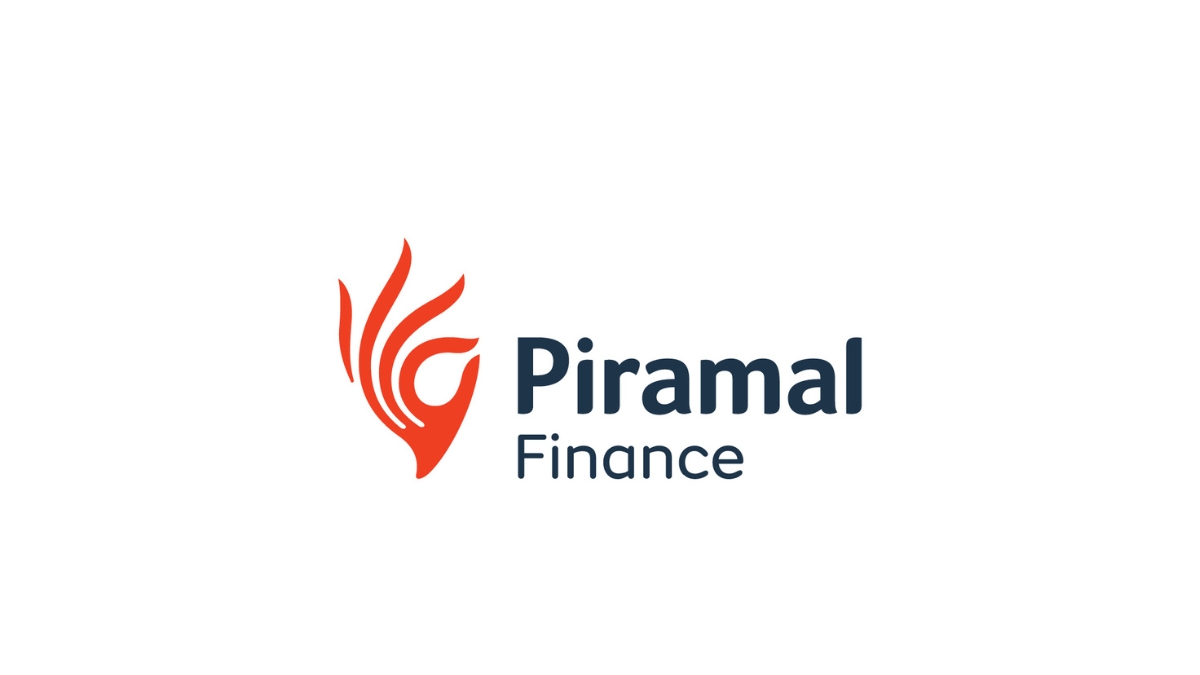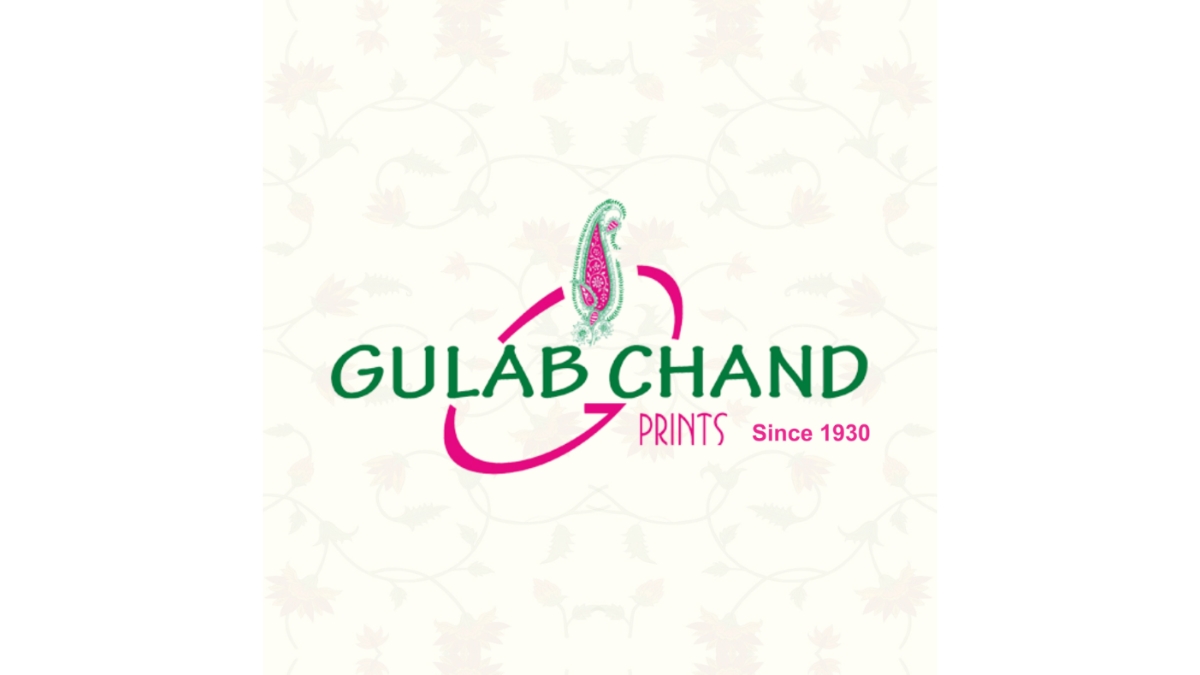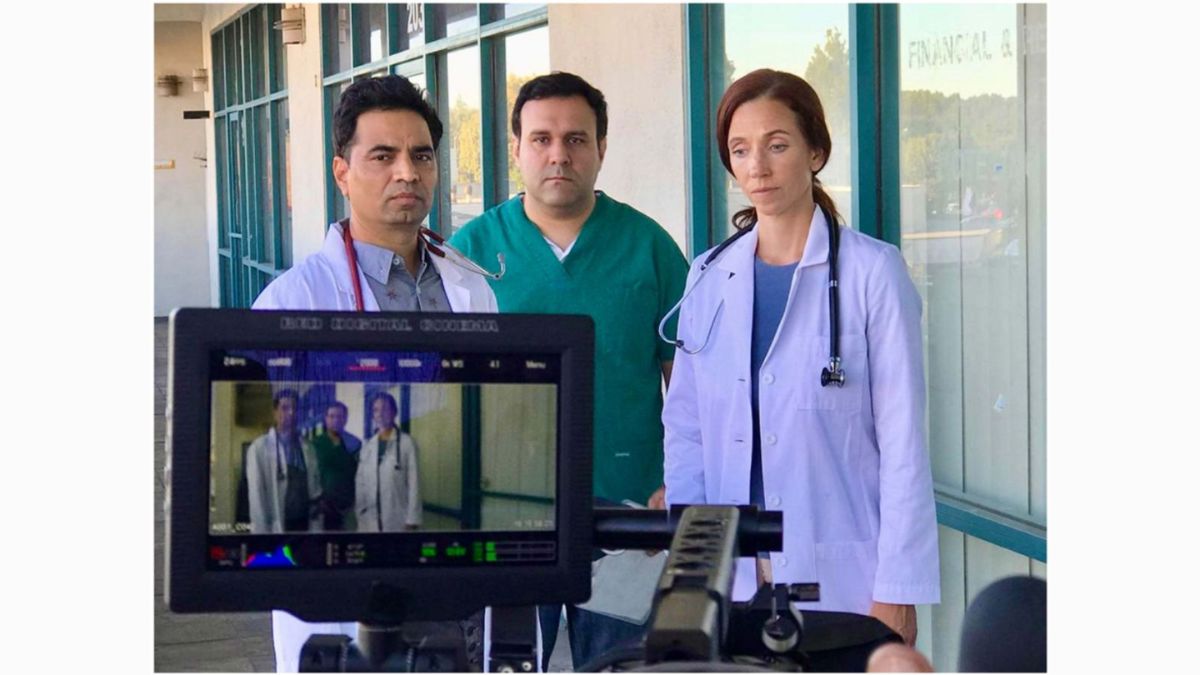Deep TMS at Positive Mind Care: Cutting-Edge Solutions for Mental Health and Addiction
WHAT IS DEEP TMS ? We have helped in revolutionising mental health and Addiction treatment for addressing Depression/Anxious depression (Anxiety), Obsessive-Compulsive Disorder, and smoking addiction. Deep TMS™ treatment is effective, safe, and generally well-tolerated for these brain disorders. Numerous sham-controlled and open-label clinical studies have demonstrated its effectiveness, even for those who haven’t responded well [...]


WHAT IS DEEP TMS ?
We have helped in revolutionising mental health and Addiction treatment for addressing Depression/Anxious depression (Anxiety), Obsessive-Compulsive Disorder, and smoking addiction. Deep TMS™ treatment is effective, safe, and generally well-tolerated for these brain disorders. Numerous sham-controlled and open-label clinical studies have demonstrated its effectiveness, even for those who haven’t responded well to medication or psychotherapy. Deep TMS is a neurostimulation technology that utilises a magnetic coil to activate neural networks in specific brain areas linked to mental health and addiction disorders. The treatment involves sitting comfortably in a chair at your healthcare provider’s office and wearing a helmet with a patented H-Coil for about 20 minutes. Deep TMS Treatment does not cause systemic side effects, nor does it require hospitalisation or anaesthesia.
WHAT DOES POSITIVE MIND CARE DO ?
Having faced psychiatric challenges ourselves, we understand the critical importance of a dependable and compassionate support system. At Positive Mind Care and Research Centre, we recognize the unique struggles associated with mental illness. Therefore, we are dedicated to helping our patients achieve peace of mind and renewed hope through 3rd generation treatment with BrainsWay Deep TMS.
This advanced Deep TMS system, available at our Research Centre, offers new hope for patients suffering from chronic mental illness. It uses electromagnetic pulses to target brain areas responsible for mood regulation, obsessive thoughts, and addictive behaviours, providing comprehensive treatment. During the procedure, patients feel a mild tapping on the scalp while comfortably sitting in a chair, watching TV, or reading a magazine, remaining awake and alert throughout the treatment.
WHAT SETS POSITIVE MIND CARE APART FROM OTHER CLINIC’S ?
Custom Treatment Plans: The Center acknowledges that each person has unique needs and experiences, so they create personalised treatment plans tailored to the specific requirements and situations of every patient.
Multidisciplinary Team: The Center boasts a team of mental health professionals, including psychiatrists, psychologists, social workers, yoga and meditation experts, and occupational therapists, working together to provide comprehensive care
Research: Committed to advancing mental health, the Center conducts clinical trials and research studies to enhance treatment methods and contribute to the broader understanding of mental health.
Evidence-Based Treatment: Positive Mind Care and Research Centre employs evidence-based treatment methods, using therapies proven effective through scientific research.
Support for Families: Recognizing the impact of mental health on individuals and their families, the Center offers support and resources to help families cope and provide optimal care for their loved ones, including a Pick & Drop facility from home to the clinic and back, accommodating family members’ time constraints.
Education and Outreach: Positive Mind Care and Research Centre is committed to increasing mental health awareness and reducing the stigma associated with mental illness. They offer community education and outreach programs, including workshops, seminars, and support groups
Focus on Positive Psychology: The Center adopts a positive psychology approach to mental health, emphasising the development of strengths, resilience, and well-being, and promoting positivity, optimism, and personal growth.
AGGREGATE
Most of the patients that come for treatments in our clinic, suffer from depression, mixed anxiety depression and OCD. Deep TMS treatment uses specially designed, patented coils placed inside a helmet that fits securely on the patient’s head during sessions. We utilise BrainsWay’s therapy, which has been tested in over 60 clinical trials globally. The device has received FDA approval for treating Major Depressive Disorder (MDD) since 2013, FDA clearance (De-Novo) for treating ObsessiveCompulsive Disorder (OCD) since 2018, FDA clearance for aiding short-term Smoking Cessation since 2020, and an expanded indication for treating Anxious Depression.
PSYCHOLOGICAL COUNSELLING
Positive Mind Care’s online platform provides psychological counselling, allowing individuals to receive therapy and counselling from mental health professionals via computer or mobile device. One major advantage of online counselling is its convenience. Clients can participate in therapy sessions from any location with internet access, removing the need for travel to a therapist’s office. Another benefit is its accessibility. Clients can book appointments outside traditional office hours, making it easier to fit therapy into their busy schedules. Additionally, clients have access to a broader range of mental health professionals, allowing them to find a therapist who specialises in their specific concerns.
RESULTS
Positive Mind Care and Research Centre goes well beyond by treating mental illnesses with Deep TMS™ technology. Our experience has taught us that with novel technology comes a responsibility to ensure that mental health providers, referral partners, and patients have the support necessary to achieve their goals.
Deep TMS Effectiveness
An increasing amount of research has reported high success rates for Deep TMS™ therapy, showing that BrainsWay’s Deep Transcranial Magnetic Stimulation (Deep TMS) can reduce symptoms of various mental health disorders. These studies are based on thorough, evidence-based analysis, with findings published in renowned medical journals.
Randomised Controlled Trial (RCT) found that about one-third of participants reached remission after four weeks of Deep TMS treatment in the acute phase. This success was noted even among patients who had not responded adequately to three or more antidepressant medications. Clinical data of over 1,300 patients in real practice settings has shown compelling results. Among patients who completed at least 30 sessions, approximately 4 in 5 achieved a response and approximately 2 in 3 achieved remission.
Combining Deep TMS with other forms of therapy
Combining Deep TMS therapy with antidepressant medication or psychotherapy is safe and has been shown to provide relief as part of a combined treatment plan. Additionally, extensive research highlights Deep TMS’s effectiveness, particularly in cases where patients did not respond to psychotherapy or SSRI medication.
An increasing amount of research indicates that conducting TMS during or near psychotherapy sessions can enhance the combined effectiveness of both treatments. As more studies are conducted, the high success rate of Deep TMS therapy is becoming more established, with the positive impacts of this innovative technology on people’s lives becoming clearer and more widespread.
FUTURE OF DEEP TMS :
1. Expanded Treatment Applications: Beyond current uses for depression and OCD, clinics may start offering Deep TMS for a wider range of psychiatric conditions such as anxiety, PTSD, and bipolar disorder. There is potential for treating neurological disorders like Alzheimer’s, Parkinson’s, and chronic pain, broadening the scope of services offered by Positive Mind Care.
2. Technological Advancements: Future Deep TMS devices will likely offer more precise targeting of brain regions, customizable treatment protocols, and enhanced user interfaces, making treatments more effective and user friendly. Development of portable or home-based Deep TMS devices could enable clinics to offer remote monitoring and treatment options, increasing patient convenience and adherence.
3.Integration with Other Therapies: Positive Mind Care might increasingly combine Deep TMS with other therapies, such as cognitive-behavioural therapy (CBT), medications, and neurofeedback, to enhance treatment outcomes. The use of genetic, epigenetic, and biomarker data to personalise Deep TMS treatments could become standard practice, improving efficacy and reducing trial-and-error in treatment plans.
4.Increased accessibility: As evidence for the cost-effectiveness and long-term benefits of Deep TMS grows, insurance coverage is likely to expand, making treatments more affordable and accessible.
5.Long term outcome studies: Ongoing research into the long-term effects and potential new applications of Deep TMS will continue to inform and improve clinical practices. Clinics may implement more robust follow-up programs to monitor long-term patient outcomes and adjust treatments as necessary.
Achievements
Positive Mind Care main objective has always been to create more awareness about mental health. To achieve this, we developed over 500 awareness creatives and targeted 300+ keywords. The challenge lay in managing and optimizing these elements across our extensive presence while ensuring they aligned with our targeted keywords. Competing with other mental health portals and local clinics required meticulous strategy and execution. Our efforts were focused on maximising visibility and engagement, ensuring that our message of mental health awareness reached as many people as possible. By leveraging advanced SEO techniques and innovative content, Positive Mind Care successfully navigated the competitive landscape, reinforcing our commitment to mental wellness and support for those in need.
If you have any objection to this press release content, kindly contact pr.error.rectification@gmail.com to notify us. We will respond and rectify the situation in the next 24 hours.







































